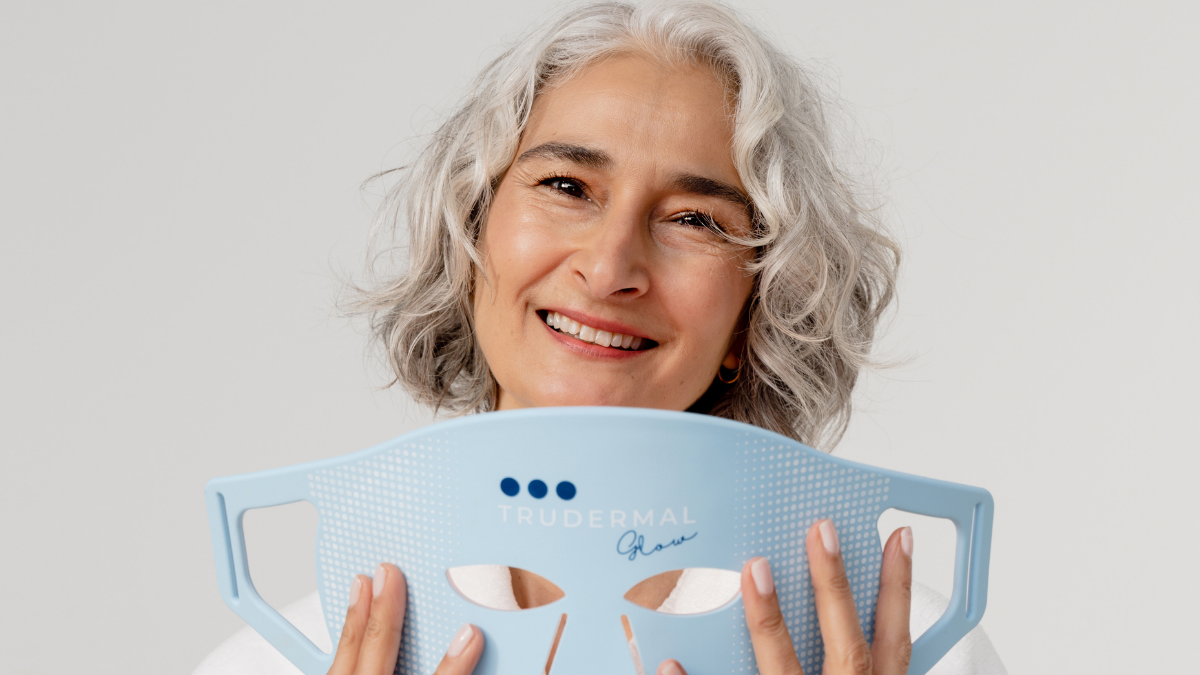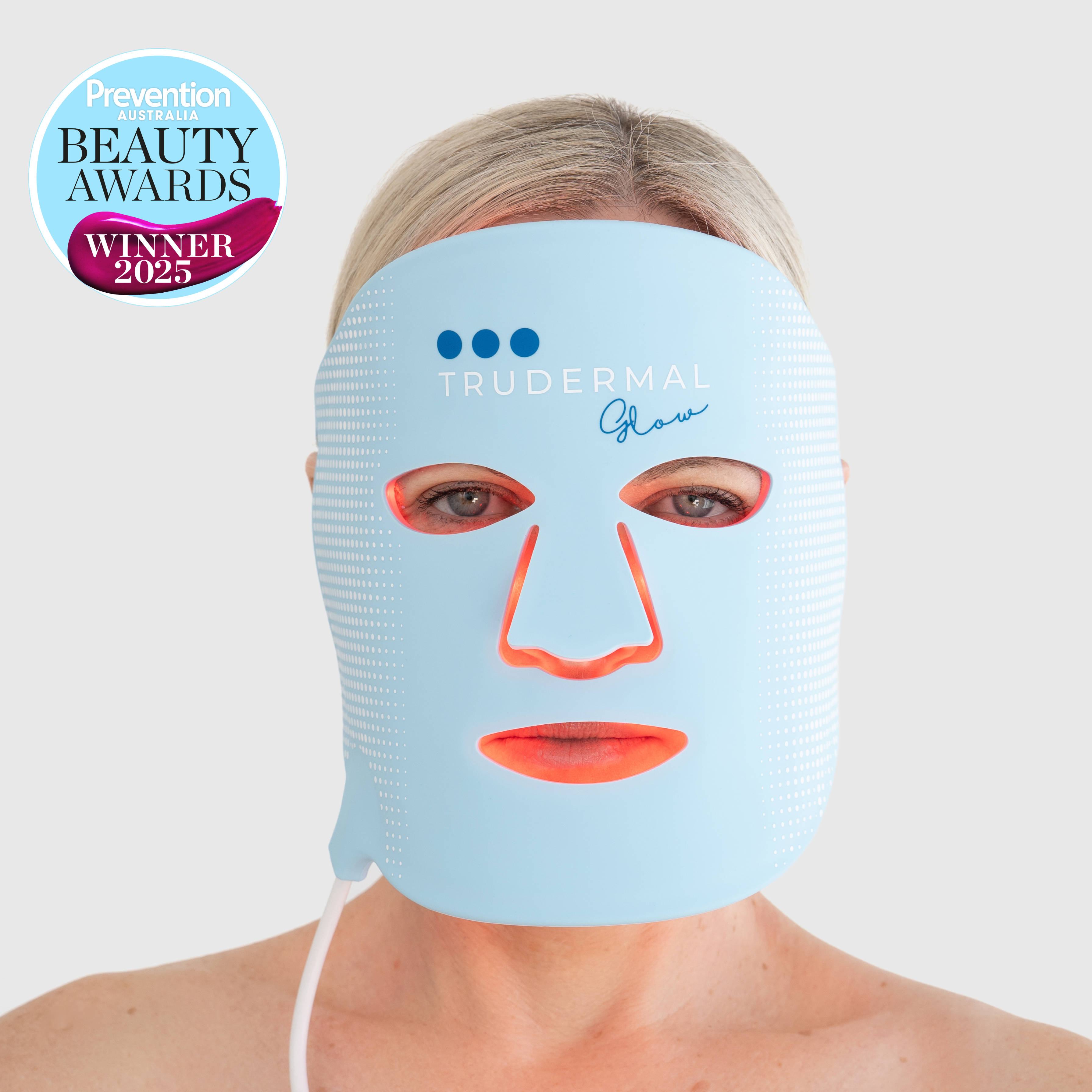Here’s what’s really happening to your skin throughout your transition, and what you can do to support your body every step of the way.
While Menopause Awareness month may be coming to an end – the changes to our skin as we enter or navigate this phase of life we endure, which is why it remains the right time to talk about the impact of these hormonal shifts on the way we look and feel.
At its core, menopause represents a fundamental change to the way our bodies function. When it comes to our skin, this can appear quite visible thanks to a decline in estrogen, which contributes to structural and functional skin changes. This includes everything from decreased collagen production to reduced elasticity, moisture loss, dryness and wrinkling.
The collagen crisis
During the early stages of menopause, our collagen stores experience a rapid decline, which can endure for many years to come. This collagen decline isn’t just about the gradual process of aging – it’s about hormonal shifts, which helps to explain why some of our skin changes can feel so sudden during this time in our lives. As collagen starts to decrease, you might notice a change in your skin’s firmness, its ability to repair itself, and how it actually feels. It may appear thinner, more fragile, and dryer than normal.
The itch factor
One of the most frustrating and underreported symptoms of menopausal skin changes however is the persistent itchiness, following an increase in dryness. The skin barrier (which is the protective layer of skin that keeps moisture in and irritants out) becomes compromised, which can then lead to the sensation of itchy skin – particularly on your body, arms, and legs. This itch can feel more persistent or deeper than what you may have experienced before.
Getting enough shut eye
Because those going through menopause often have sleep disturbances, this lack of quality sleep can also impact your skin’s ability to repair itself and regenerate. From hot flashes to night sweats, hormonal changes that affect the sleep-regulating centres in the brain and more, your skin may be visibly impacted by a rough night.
The solutions you can embrace
While skin treatments and topical applications can be helpful during this time, it’s also important to consider your diet and lifestyle to improve your skin’s health and resilience. Protein is at the top of this list – consider it your skin’s building blocks. Women can lose up to 40% of their muscle mass by the time they’ve gone through menopause. Protein however can support muscle strength, tone, and even skin. Your skin, hair, and nails are all made of protein, so adequate intake is super important during this time. To keep it simple and aim for quality protein alongside each meal during the day. What’s more, omega-3 fatty acids can support the skin barrier and help to combat any increase in dryness. Aim to include fatty fishlike salmon or mackerel into your regular diet. If you’re not a fan of fish, other options include adding walnuts, chia seeds, and flaxseeds to your daily intake. Importantly, fresh fruits and veggies can also provide much-needed antioxidants that help to repair cellular damage. The more colourful your plate, the better. Eating the rainbow will provide you with a range of antioxidants, which can benefit your skin and overall health.
A note on collagen supplements
Remember, your body breaks ingested collagen down into amino acids during digestion, but that doesn’t always mean these are reassembled as skin collagen. Instead of putting all your eggs in the supplement basket, consider consuming protein from whole food sources, which provides all the amino acids your body needs to build its own collagen, alongside other essential nutrients that supplements can’t replicate.
A transition, not a decline
Menopause is all about change but it’s not the end of the story. Understanding the science behind everything your body is going through may empower you to respond to each change with confidence rather than frustration. This next chapter can be just as good, if not better than the last, it’s all about perspective and arming yourself with the right information.






